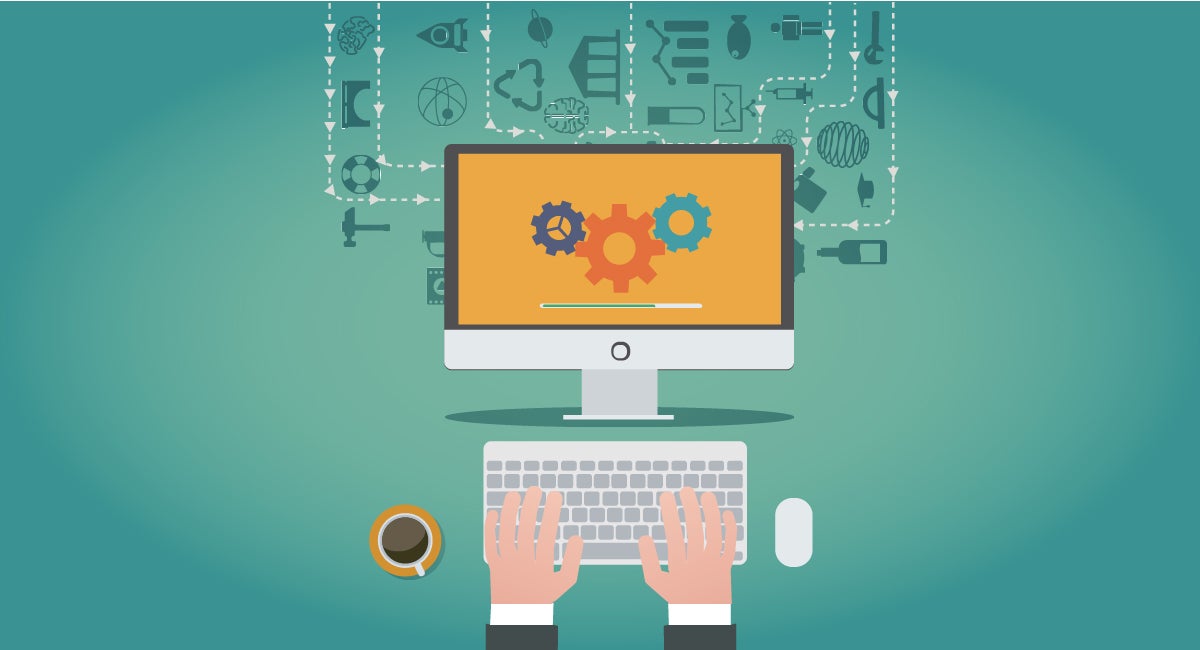In the 21st century, having a university degree and/or a master’s degree is usually a basic requirement when applying to new jobs. The digital revolution encourages us to develop new skills and tools that help us become more competitive in our professional career growth. In addition, competing in the labor market is an increasingly demanding topic; if we do not continuously train, for example, as soccer players do, going out into the labor market field could be a difficult game to play.
Nowadays, it is very easy to find ample sources of information thanks to YouTube videos or just Google searches. Fortunately, if we make an advanced search with specific professional requirements, we can find extensive professional training opportunities in Massive Open Online Courses—known as MOOCs. The MOOC modality is part of a new digital learning trend that is accessible to all.
MOOCs are specialized courses in different subjects such as economics, business, agriculture, climate change, new technologies, digitalization, education, and more. Thus, these are innovative and high-quality courses. For students, MOOCs offer a multicultural learning experience, as they can be taken from anywhere in the world, generating new professional networks along with the benefit of providing access to a certificate.
In some countries, costs, schedules, and distances, among other factors, may represent an obstacle to the access to formal education. However, MOOCs present opportunities to overcome these traditional learning barriers and become accustomed to the education of the future.
Six Benefits of MOOCs
- Access knowledge developed by academic experts and high-level professionals
Most instructors participating in MOOCs are highly qualified professionals, due to their excellent educational levels and invaluable experience in specific subjects.
- Increase or learn new digital skills
From the time a student begins by creating an account in the virtual platform to access an online course, he/she is already part of the course and its dynamics, which are not just quizzes or exams, since at that moment the student has started increasing his/her digital skills. This is because these courses are designed in a dynamic and innovative way, so that students continuously encounter a new experience and a modern way of learning online.
- Increase our participation and team collaboration
There are several interactive activities that encourage students to be in continuous communication with their peers, such as virtual classrooms, which include interactive activities that invite students to be actively participating with other students from the same course.
- Access to knowledge anywhere and at any time
In order to access these online courses, students just need a computer or a mobile device with an Internet connection. All course content is available for students at any time and during the whole course timeline.
- Obtain verified certificates from accredited universities and/or international organizations
A verified certificate can be awarded and shared with an employer, school, or other institution to prove that an online course has been successfully completed. Likewise, the certificate can be easily included in LinkedIn, since it has a specific identification number. Moreover, certificates are digitally accessible (online), or they can be printed out.
- Incur low costs
Access to the training content of the course is completely free. However, if a student needs a verified certificate, these are available for a low-cost fee that varies by course and provider.
Where Can I Access to the MOOCs?
The edX platform (founded by Harvard and MIT) leads the MOOC initiative in Latin America and the Caribbean, and the Inter-American Development Bank’s IDBx program offers a variety of online courses on economic and social development issues in different languages.
To that end, before going out into the labor market field, MOOCs can be a modern learning modality that prepares us by providing us with new tools to approach the labor market worldwide and successfully navigate this new digital era.


Very good initiative